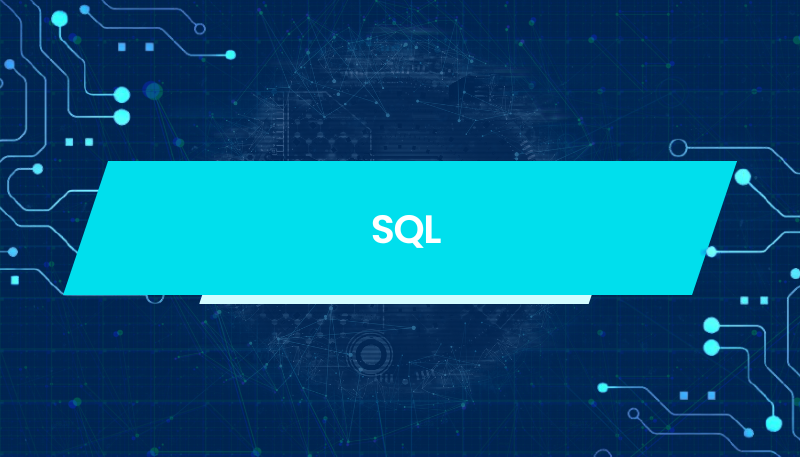401, Monarch Apartment
IT Park Road, Gayatri Nagar, Nagpur
+91 976 662 5814
24/7 Customer Support
IT Park Road, Gayatri Nagar, Nagpur
24/7 Customer Support
SQL, or Structured Query Language, is a fundamental tool for managing and manipulating relational databases. It provides a standardized way to communicate with databases, enabling you to retrieve, insert, update, and delete data. Using SQL, you can create databases, design tables, and define relationships between them.
The core of SQL is the SELECT statement, which allows you to extract specific data from one or multiple tables based on conditions and criteria. You can also sort, filter, and aggregate data using SQL functions. Learning SQL basics empowers you to perform essential data operations and gain insights from structured information. This foundational skill is pivotal for database management, data analysis, and software development.
